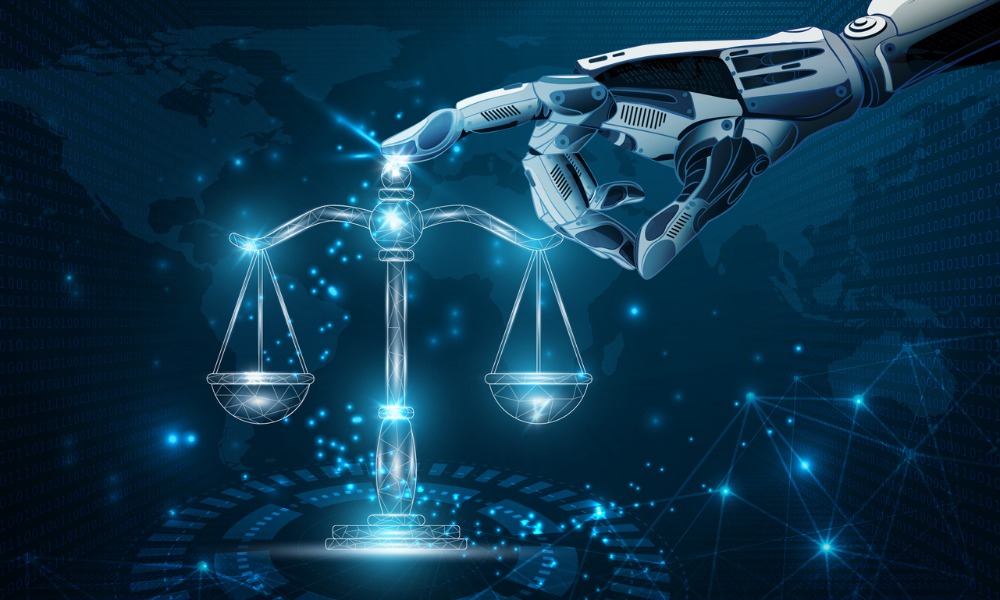
He said AI will become a daily tool for courts and tribunals

A senior judge in the U.K. has assured expert witnesses that their roles will not be replaced by artificial intelligence (AI), despite the judiciary's growing enthusiasm for the technology, The Law Society Gazette reported.
Speaking at the Expert Witness Institute conference, Sir Keith Lindblom, senior president of tribunals, highlighted the significant opportunities AI presents for the legal field.
Lindblom emphasized that AI will become a daily tool for courts and tribunals. However, he clarified that experts will not become redundant but must adapt, serving as overseers and quality controllers of AI-produced evidence. "That the role of expert witnesses will be reduced to merely interpreting the findings of our AI overlords is not a prospect I would accept," Lindblom stated. He acknowledged that AI will significantly impact the role of expert witnesses, challenging the notion that its influence will be marginal.
In preparation for his speech, Lindblom queried ChatGPT about the potential for AI to replace experts. He noted that the system suggested it could perform much of the work traditionally done by experts, lawyers, and judges. Despite concerns over the misuse of AI by litigants to generate false case references, Lindblom predicted that future experts will increasingly rely on AI to prepare their evidence. He highlighted the need for caution, especially when confidential information is involved, and suggested that closed AI systems could offer enhanced security.
Lindblom also highlighted AI's benefits in improving the quality and consistency of expert reports, particularly in technological and scientific cases. He suggested that AI could help determine which cases are suitable for online dispute resolution and accurately predict case outcomes, facilitating settlements outside court.
"It does not mean expert witnesses are going to be redundant," Lindblom reiterated. He stressed that courts and tribunals will continue to depend on experts who understand new technologies to ensure justice is served. "It is the accountability and intelligent rigour of expert witnesses in the assistance they give that makes them indispensable to the administration of justice," he added.
Lindblom's positive outlook on AI echoed sentiments expressed by Sir Geoffrey Vos, Master of the Rolls, earlier this year. Vos emphasized the importance of embracing new technologies to better serve the interests of justice and improve access to justice. He advised caution in using generative AI for legal advice and court submissions but acknowledged that litigation clients are keen to leverage AI's capabilities to assess their chances of success.